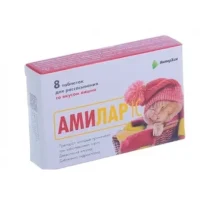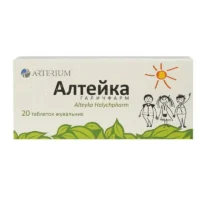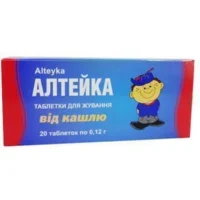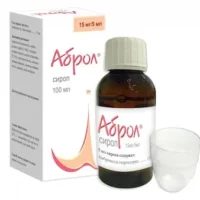Description
Remavir (Rimantadine) Capsules 100 mg
Ingredients
- Each capsule contains 100 mg of rimantadine.
Dosage
- The recommended dosage is one 100 mg capsule daily.
Indications
- Remavir is indicated for the treatment and prophylaxis of influenza A virus infections.
Contraindications
- Do not use Remavir if you are allergic to rimantadine or have severe renal impairment.
Directions
- Take Remavir exactly as prescribed by your healthcare provider. It is usually taken with food to reduce stomach upset.
Scientific Evidence
- Studies have shown that rimantadine, the active ingredient in Remavir, is effective in the treatment and prevention of influenza A virus infections.
- Research published in the Journal of Antimicrobial Chemotherapy demonstrated the antiviral activity of rimantadine against influenza A viruses.
Additional Information
- It is important to complete the full course of treatment with Remavir as prescribed by your doctor.
- If you experience any severe side effects, contact your healthcare provider immediately.
Pharmacological Effects
- Rimantadine works by inhibiting the replication of the influenza A virus, thereby reducing the severity and duration of symptoms associated with the infection.
Clinical Trials
- Clinical trials have shown that Remavir is well-tolerated and effective in the treatment of influenza A virus infections, with a low incidence of adverse effects compared to other antiviral medications.





